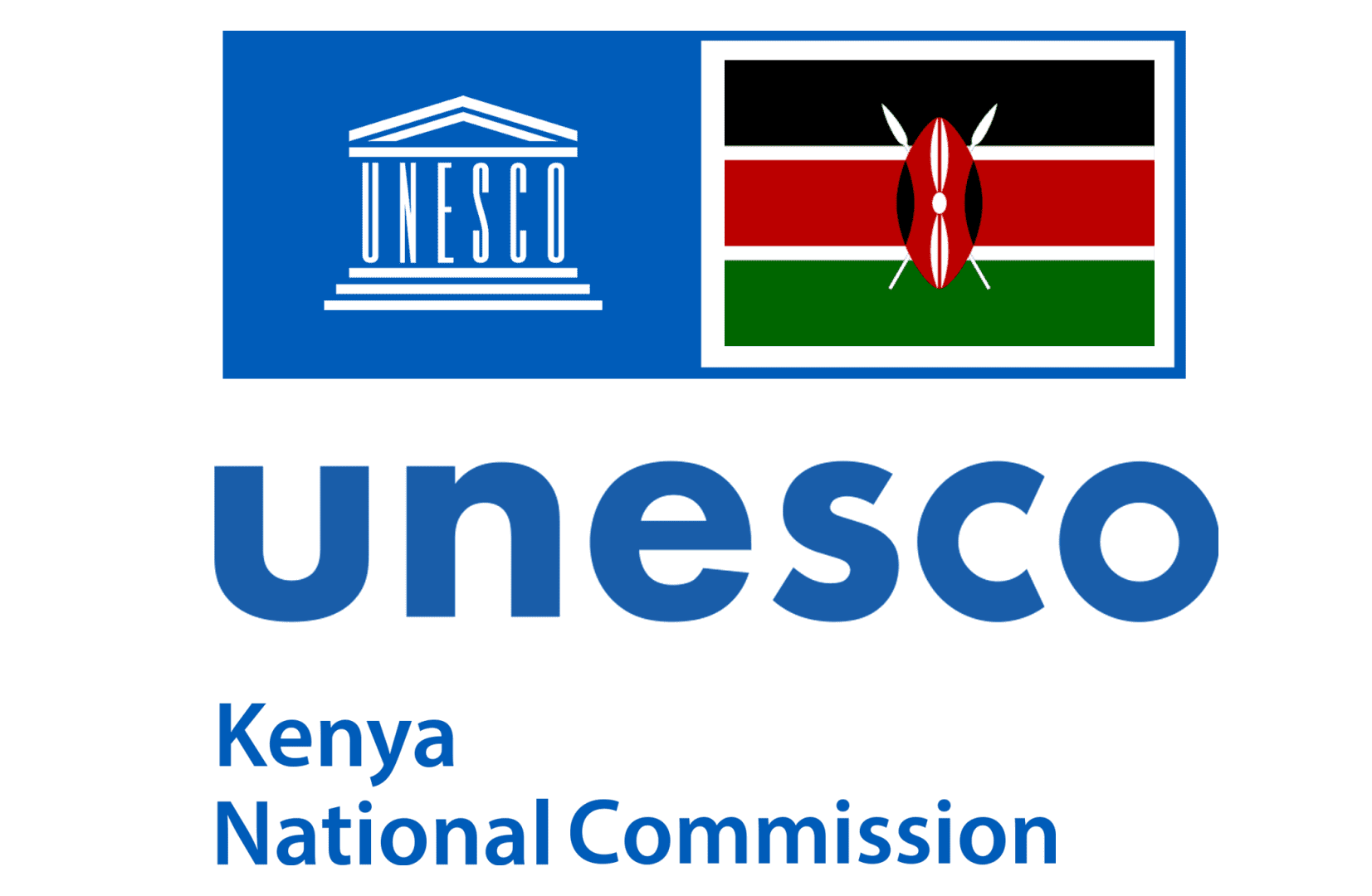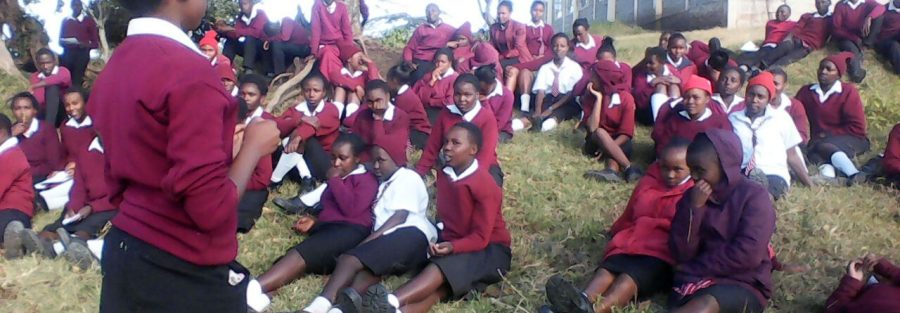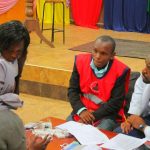Gender equality is a global priority for UNESCO and is inextricably linked to UNESCO’s efforts to promote the right to education and support the achievement of the Education for All (EFA) and broader development goals.
The Organization also encourages mainstreaming gender equality issues in education at all levels (from early childhood to higher education), in all settings (from formal, non-formal and informal), and in all intervention areas (from planning infrastructure to training teachers).
In particular, UNESCO:
- Promotes gender equality in national education laws, policies and plans;
- Monitors progress and achievements, through the collection and analysis of sex-disaggregated education data and the monitoring of normative instruments related to gender equality;
- Helps countries develop their educational planning capacities, as well as train teachers, on gender-sensitive approaches;
- Advocates for girls’ and women’s education though innovative partnerships such as the Global Partnership for Girls and Women’s Education, “Better Life, Better Future ”;
- Seeks to expand girl’s and women’s access to learning opportunities, in both formal and non-formal education, through innovative approaches using Information, Communication and Technology (ICT);
- Supports the development of gender-sensitive curricula and textbooks free from discrimination;
- helps countries address gender-based violence in educational settings as obstacles to learning; and
- Collaborates with EFA partners for policy advocacy at global, regional and national levels in support of girls and women’s education and gender equality, and in policy research to increase understanding on the various barriers to advancing gender equality and to expand and strengthen our expertise and knowledge base.


